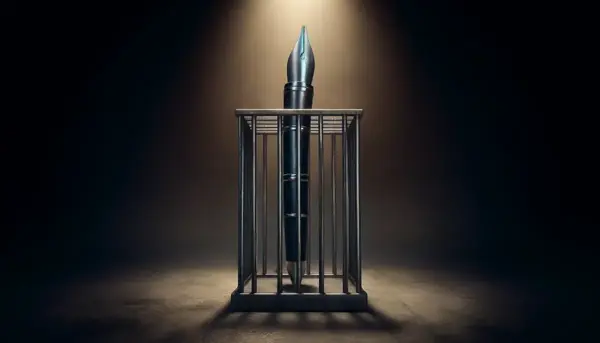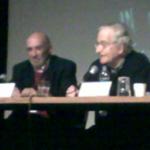Freedom of Expression
11 Witnesses of Oppression Spoke at Istanbul Gathering
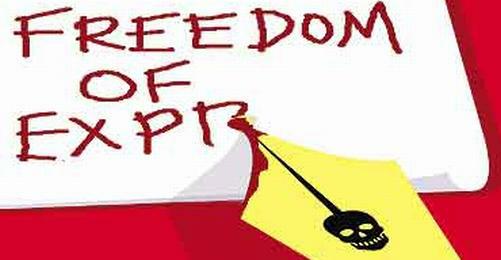
The Initiative against Crimes of Thought held the sixth "Gathering in Istanbul" from 22 to 24 May. Panels at the Dolapdere campus of Istanbul's Bilgi University discussed freedom of expression in Turkey and other countries bordering the Black Sea.
Prof. Turgut Tarhanlı, law faculty dean at Bilgi University, said that especially September 11 had caused a debate of freedom of expression in terms of security issues.
The European Court of Human Rights (ECHR), so Tarhanlı, had made less liberal decisions in the areas of art and culture than in the area of political dissent. He argued that human rights activists should be able to question ECHR decrees.
Alınak: "Praising criminals"
During a part of the gathering dedicated to "witness statements from Turkey", former MP Mahmut Alınak, who had wanted streets to be named after student revolutionary Deniz Gezmiş, murdered Kurdish intellectual Musa Anter and murdered Kurdish politician Vedat Aydın. Alınak was then convicted of "praising criminals." He said, "In 1973, a prosecutor said to me, 'Our democracy is still very young, don't force the issue.' I waited for our democracy to grow up, but it never did. We grew up with our Kurdish identity and our language in shackles."
Seropyan: Agos singled out
Serkis Seropyan, former licence holder of the Turkish-Armenian weekly Agos newspaper, told the audience how their newspaper was tried for citing a sentence that journalist Hrant Dink had said to the Reuters agency, although all the mainstream newspapers had reported it. Dink had said, "A people who lived on this soil for 4,000 years disappeared."
Demirer: Not the language of the state
Writer Temel Demirer said that he still faced a trial under Article 301 for saying that Hrant Dink was murdered because he acknowledged the genocide of Armenians. Demirer said, "My crime has been not to speak the language of the state."
Article 301 applied at Ministry's discretion
Writer Abdurrahman Dilipak, who faced a trial for "denigrating the armed forces" in an article entitled "Turban and gown", said that the Ministry of Justice had not given permission for his trial. He pointed out however, that the dependence on the Ministry was dangerous.
Ceren Baykal, law student at Istanbul's Marmara University, took up this point, saying that the condition of ministerial assent to investigations and prosecutions under Article 301 violated the separation of powers which they had been taught about for years.
Pacifists, caricaturists, victims of police violence...
Doğan Özkan, a conscientious objector, summarised his court case, which ended with a prison sentence converted to a fine.
Caricaturist Halil İbrahim Özdabak, who had been tried and then acquitted for a caricature entitled "Guguk", said that he had had a "close shave". He said that his daily work had been overshadowed by the fear of being tried again.
Mehmet Tursun, whose son Baran Tursun was killed by a police officer in Izmir, recounted that he himself was facing a prison sentence for his opinions and reactions to the trial of the police officer. He called on people to mobilise against police violence.
...journalists, homosexuals, academics...
Mehmet Baransu, reporter for the daily Taraf newspaper, said that he faced seven investigations and 22 court cases.
Bora Bengisu, a representative of the LGBTT LambdaIstanbul Association, recounted the attempts to close down the association. Even when the court decreed that the association would remain open, it did so with the proviso that no attempts would be made to "encourage homosexuality." Otherwise, the association would be closed.
Alp Selek, a lawyer and father of sociologist Pınar Selek, who faces a life sentence in prison for allegedly planting a bomb in the Egyptian Spice Bazaar in Istanbul, said, "This happened to her because she refused to act as a spy." (EÖ/AG)
BİA MEDIA MONITORING REPORT 2024
The government made journalists' lives a living hell in 2024

BİA MEDIA MONITORING/OCTOBER-NOVEMBER-DECEMBER 2024
Truth concealed through repression from all sides targeting journalists
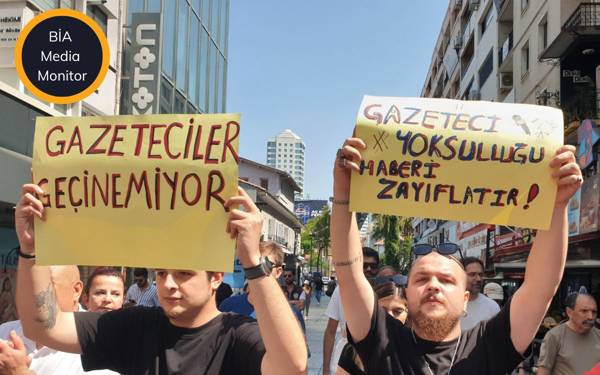
BİA MEDIA MONITORING REPORT
Just silence the journalist, and I won't touch you!

BİA MEDIA MONITORING APRIL-MAY-JUNE 2024
Journalists are on the target and have no legal security anymore!
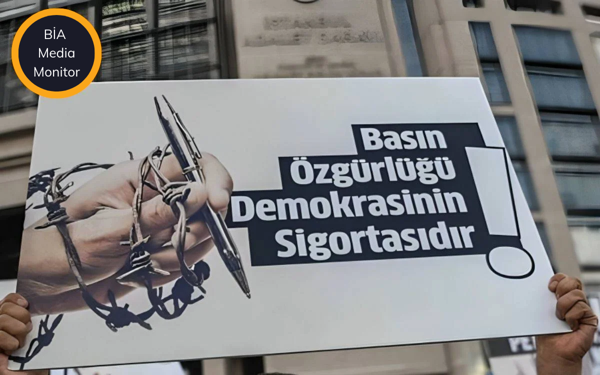
BİA MEDIA MONITORING REPORT
The era of 'judicial control' confinement and torture in journalism
